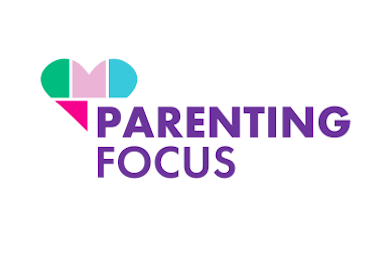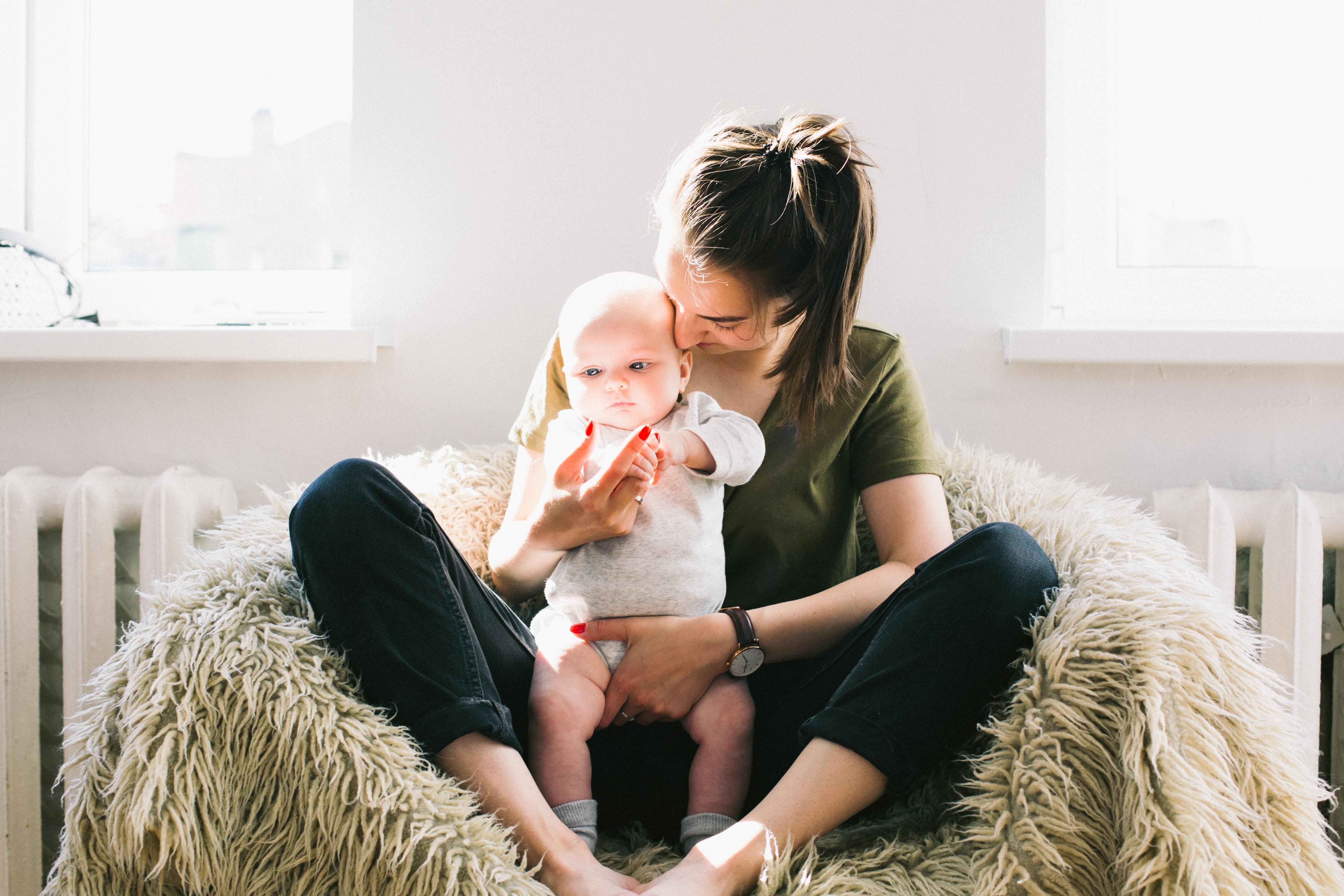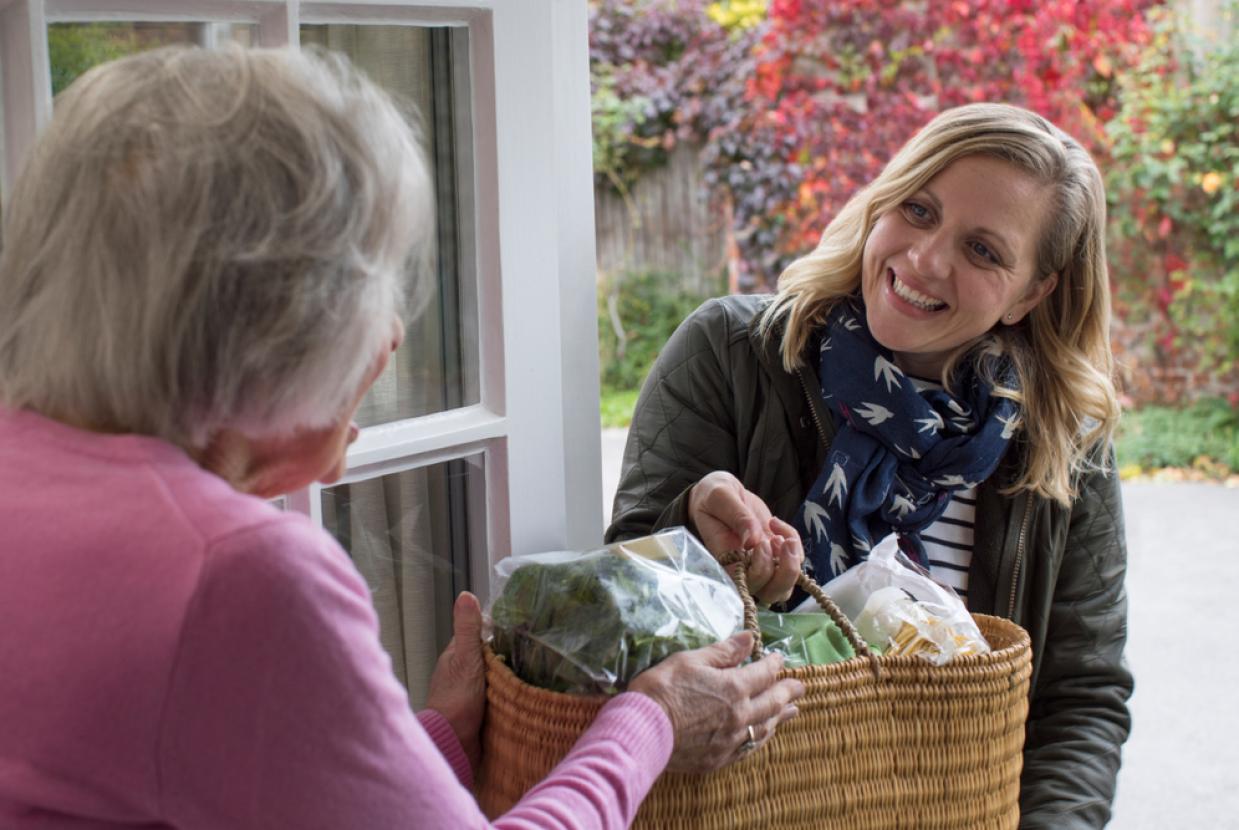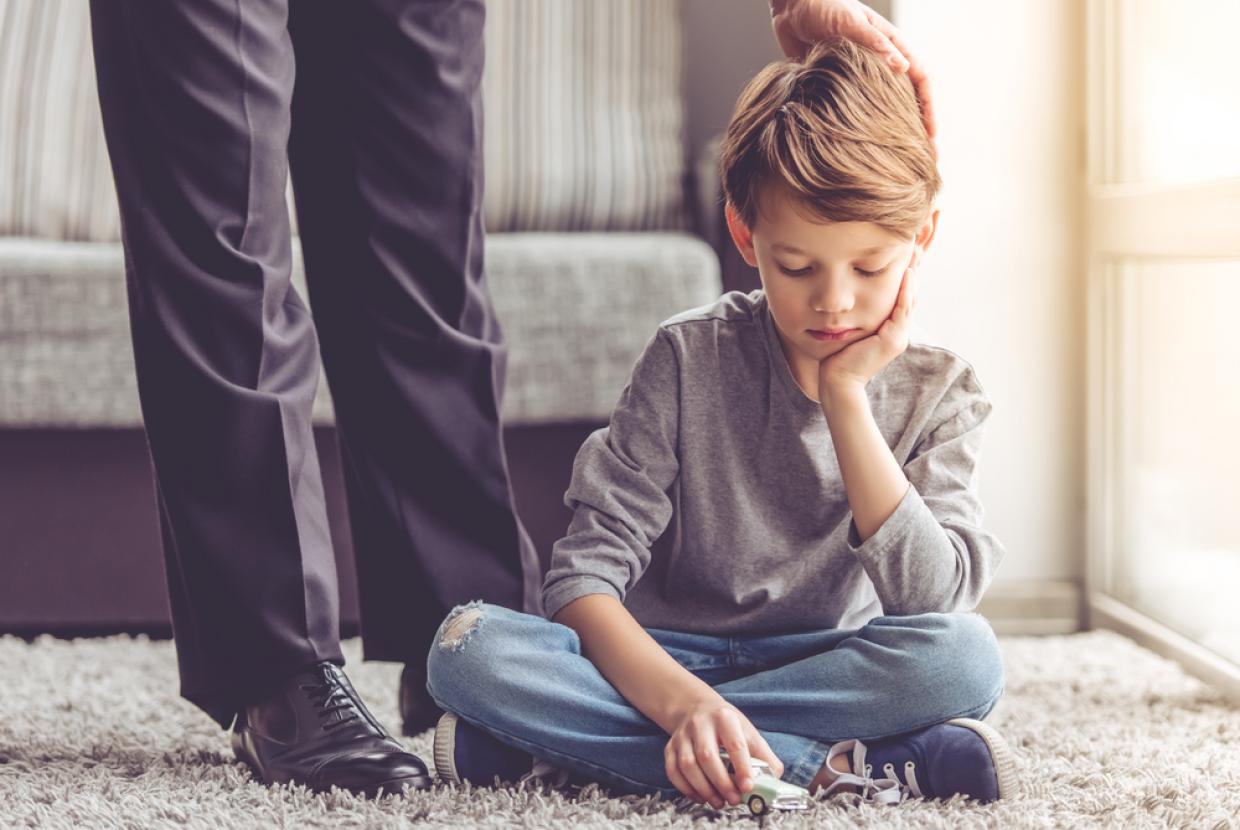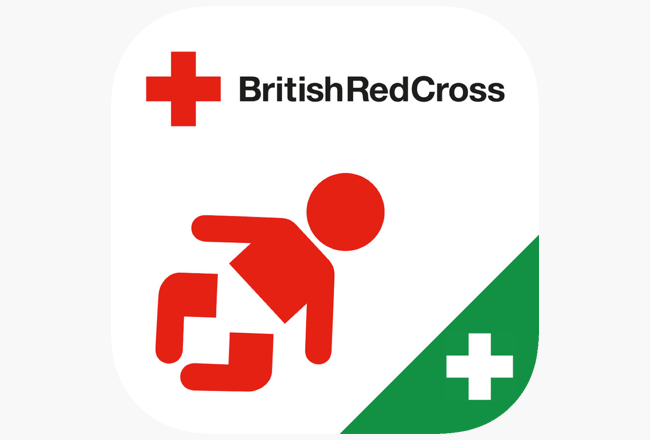Getting Enough Sleep: The Importance Of Your Child's Bedtime
Family HealthGetting children to go to bed on time can be a constant issue for parents. Debate and argument over when to turn the lights out is one of the few nearly universal struggles for parents. The fact that there are many different and often conflictual news stories, anecdotes and myths about what is the “right” time for a parent to insist a child sleeps only adds to confusion and concern. This article will look at what the research says about how much sleep is needed, and will provide a few tips and strategies for parents to help ease the process of getting children to go to bed.
The Science of Sleep
Everyone needs sleep. That much is established and uncontroversial. But, did you know that scientists aren’t sure why we need to sleep? A BBC article (Ghosh, 2015) which asks why we need to sleep notes that: “Scientists simply don't know for sure. In broad terms researchers believe it is to enable our bodies and especially our brains to recover.”
The actual mechanics of sleep work roughly like this: Humans are diurnal, which means that we are awake during the day, and sleep at night. This is as opposed to nocturnal, like bats. Our natural inclination is to sleep during hours of darkness, and to be active during daylight.
As any parent who has attempted to put a young child to bed during a long summer evening will be very aware. Our sleep-wake patterns, called “Circadian rhythms” are regulated by light and darkness (National Sleep Foundation, 2018). This is why, for example, you can struggle to fall asleep if there is a lot of light in your room despite being tired. While sleeping, people move between two states – Rapid Eye Movement (REM) and Non Rapid Eye Movement (NREM).
These stages are broken down into further categories – NREM sleep has three (N1, N2 and N3) and REM sleep has just one. Very broadly speaking, REM allows people to process and store information from the day before and is important for memory. NREM is important for feeling relaxed and refreshed after sleeping. Both are vital, and the amount of time that you spend in both NREM and REM change as you grow up. For example, Adults spend about 20-25% of their sleep in REM, whereas a new-born spends around 80% of its sleep in REM (Nierenberg, 2017).
How much sleep do children and young people actually need?
The NHS (2018) gives the following times, which are based on the Millpond Children's Sleep Clinic’s recommendations:
- 4 week old: Daytime 6-7 hours and night-time 8-9 hours
- 1 year old: Daytime 1 hr 30 minutes and night-time 11 hrs 30 minutes
- 5 year old: Night-time 11 Hours
- 10 year old: Night-time 9 hrs 45 minutes
- 14-16 year olds: Night-time 9 hours
Obviously, these are general figures and will not apply to all children as everyone is individual and develops differently. However, it is important that parents consider how bedtime might change according to their child’s age. For example, a 10-year old child, who has to waken up at 7.00 am and be at school for 9.00 am. In order to be at school for 9.00 am, a 10 year old child ideally should be asleep by 9.45pm. For some parents, this may seem too late, and others very early.
As with all advice on issues relating to parenting, it is best to consider this in the context of your own child or young person’s needs. What these numbers do show however, is that children and young people have different requirements for sleep as they grow up. Although what complicates this, is that often simply “getting enough sleep” is not a matter of going to bed and waking up at particular times every day.
As previously mentioned, outside and inside light can disrupt sleepiness. So can caffeine, screen time and other variables. Melatonin, an important sleep hormone is essential in causing tiredness and entering restful sleep. However, teenagers face a hormonal challenge – adult bodies begin to produce melatonin around 10.00pm or 11.00pm.
Teenagers on the other hand, often do not start to produce it until around 01.00am (Alaska Sleep Clinic, 2013). This means that simply attempting to force a teenager to go to bed earlier may not yield good sleep. Instead of trying to force a teenager to go to bed, a better alternative would be to try sleep promoting techniques. Things like putting away screens, not drinking caffeine after 2pm or even trying meditation (Cline, 2009) can help teenagers get to sleep when they might otherwise struggle.
It is also important for parents to understand this biological process which is going on in their teenager’s body. It may explain why their teen has the energy to stay awake very late playing video games or watching TV, but struggles to wake up in the morning! In 2012, a Telegraph article found that two thirds of children were not getting enough sleep in the UK. It suggested that the average 6 year old did not go to bed until 9.30. Even more worryingly, around a quarter of children said they struggled to concentrate in school and even fell asleep in class. Aside from the obvious concern regarding missing classes and learning, lack of sleep is associated with poorer memory (Harrison & Horne, 2000). This means that lack of sufficient sleep can have a negative impact on children’s educational attainment.
Parents need sleep too.
The importance of sleep is central to everyone’s overall wellbeing. Lack of sleep is a major issue, not only for children but for adults as well. In 2015, the Centers for Disease Control and Prevention in the USA declared insufficient sleep a public health problem. The NHS (2018) in the UK notes that 1 in 3 of us suffers from poor sleep, with stress, computers and taking work home often blamed.
The impact of lack of sufficient sleep in children is more than just sluggishness and bad mood. The NHS (2018) warns that consistent nights of poor sleep can fog our decision making, cause us to be depressed and run an increased risk of physical injury. Lichtenstein (2015) notes that lack of sleep increases our risks of gastrointestinal diseases, like stomach ulcers and reflux.
What to do about sleep:
Still, even if parents have a strong understanding of why their child or teenager struggles to get enough sleep, there are often circumstances that are beyond the parents control. School or work start times can constrain even the most concerned parents. There are however a number of key steps that can help with setting bedtimes.
The first is to start as soon as is practicable. It is much easier to introduce a bedtime with a toddler than to attempt to impose one on a teenager. Getting your child used to going to bed at a particular time when they are young reduces the stress later in life. This can be a real challenge – around 20-30% of children experience sleep problems in their first three years of life (Teng et al. 2012).
There are a number of techniques however than can assist with helping get a small child to accept bed times. For example, Parents Magazine (2018) gives the following steps:
- Set a specific time – and stick to it
- Give a warning
- Offer a (light) snack
- Give your child a warm bath
- Get dressed for bed
- Read a story with your child
- Play soft music while you read
- Provide a cuddly toy for the child to sleep with
- Limit or get rid of bottles
- Keep your last “good night” brief
The first point is arguably the most important. In line with the Authoritative Parenting Style (explained here), consistency is a vital aspect in easing the difficulty associated with bed time. Research suggests that instituting a consistent nightly bedtime routine is beneficial in improving multiple aspects of infant and toddler sleep, especially wakefulness after sleep onset and sleep continuity. It also improves maternal mood. (Mindell, 2009). Parents who are still struggling with bedtimes can also avail of support from Parenting Focus’s Support Line (0808 8010 722).
Another issue faced by parents is that as their child gets older, it becomes increasingly difficult to impose bedtimes. “But my friends get to stay up and watch …” or “I have to go to sleep way earlier than everyone else!” are familiar refrains. As shown previously, the levels of sleep needed change as a child matures. Therefore, parents shouldn’t be afraid to be flexible within reasonable limits as their children grow up. Additionally, every child is different, and parents will have a good how much sleep their child needs. The later-life impacts of setting bed times can be dramatic. One study found that adolescents with later (after 12 midnight) or no parent-set bedtimes were 24% more likely to suffer from depression and were 20% more likely to have reported suicidal ideation in the past year than adolescents with parent-set bedtimes before 10 pm (Short et al. 2011). Therefore, while it can be difficult to introduce and stick to a bedtime, the improvements are often dramatic.
Another aspect of sleep time that applies to children and adults is screen time. A study found that on average, children with three technology items in their bedroom received 45 fewer minutes of sleep than did children without these items in their bedroom (Calamaro et al. 2012). Additionally, the blue-light emitted by screens can cause our brains to misinterpret light and dark cycles and make sleep more difficult. Thus, parents can improve the likelihood of sleeping by removing tablets, phones or other screens around half an hour before bed. In the end, what works for one family with regards to getting to sleep might not work for another. Parents are encouraged to try these strategies, or seek help to find what works for them and their children!


